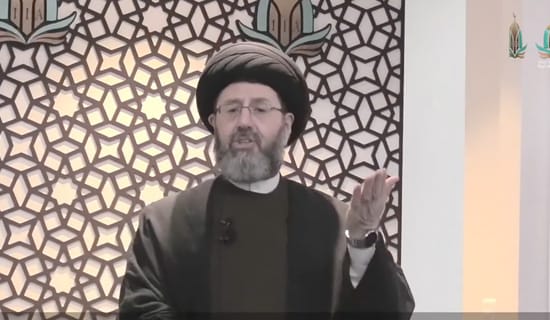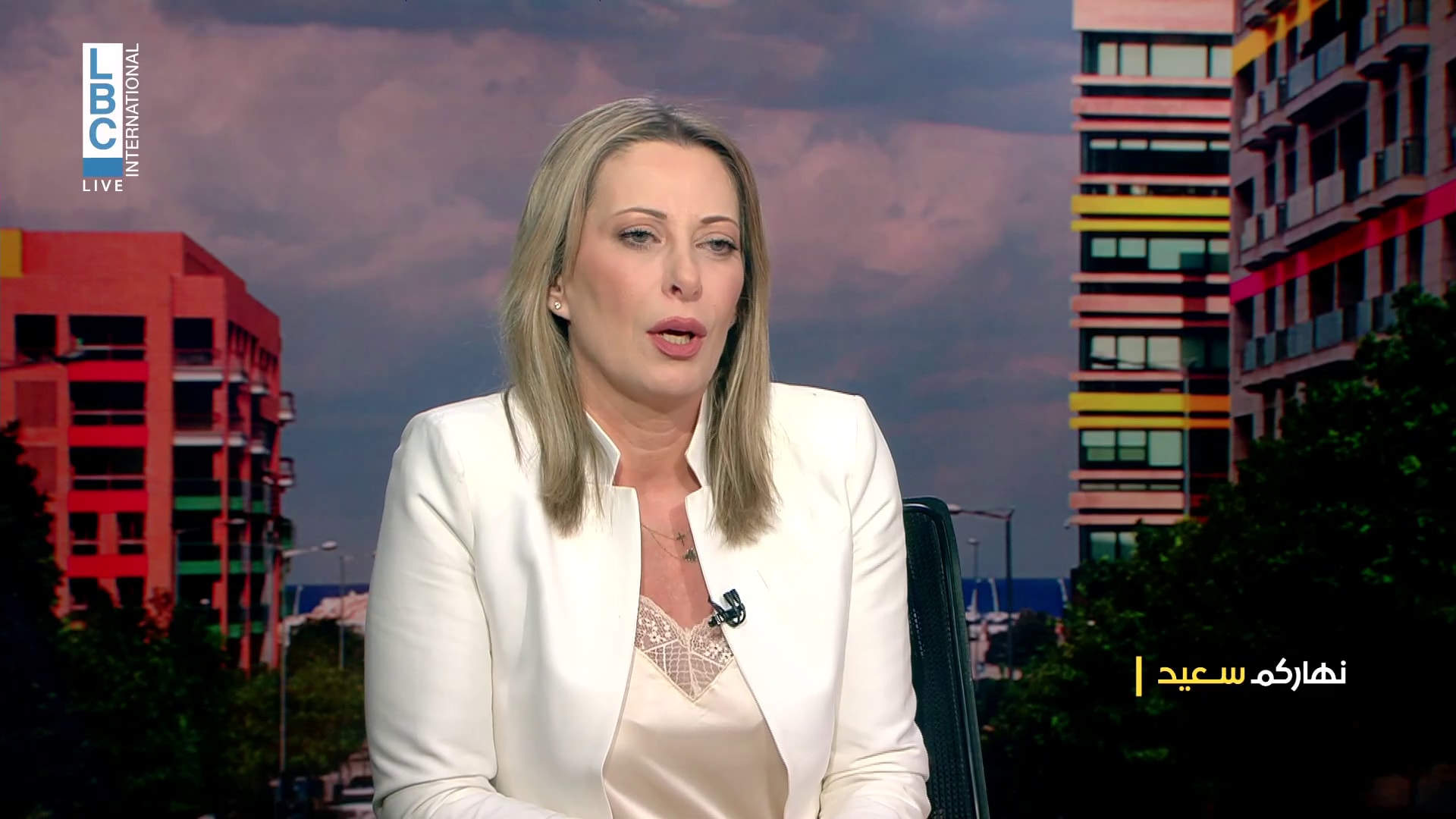
Chinese professor Wang Yiwei, of Renmin University, said that the Taliban, though "demonized" by the U.S. and some of China's own press in the past, is like the Chinese People's Liberation Army (PLA) during the Chinese Civil War, and that its defeat of the collapsing U.S.-backed Afghan government is just like the Chinese Communists' defeat the Nationalist government. He made his remarks in a video posted on Youjian Kezhan on YouTube on August 8, 2021 on the eve of Taliban gaining total control of Kabul.
Wang Yiwei also mocked the U.S. for "achieving nothing" in Afghanistan after more than ten years. He later stated that the Taliban made pledged to China that under their rule, Afghanistan "will protect China's core interests, and Afghanistan will not become a country that undermines China's stability, and will not protect the East Turkestan Islamic Movement (ETIM)." The Taliban will seek China's cooperation to control the situation in Afghanistan, said Wang.
Professor Wang Yiwei: "As you know, Foreign Minister and State Councilor Wang Yi met with the main leaders of the Taliban. There is a saying in China's diplomacy: 'We can unite all forces that can be united and mobilize all positive factors that can be mobilized.' As we seek to build a community of shared future for mankind, of course we should begin with our surrounding areas, which are our places to settle down and to build foundations for development and prosperity.
"The stability of Afghanistan is not only relevant to Central Asia, our Xinjiang, the China-Pakistan Economic Corridor, and the construction of such security environment around all of China. During the dialogue with China in Tianjin, the United States made a lot of requests. The issue of Taliban and the stability of Afghanistan are an important aspect.
"Recently, China sent a special envoy to Afghanistan, Ambassador Yue Xiaoyong. I knew him well because he wrote a preface to my book on public diplomacy. We visited Turkey together and so on. Well, China has become the focus of the Afghanistan issue.
"The U.S. has worked there for more than ten years and hasn't achieved anything. Some people say that China will fall into the quagmire of Afghanistan, and that's like 'gauging the heart of a gentleman with America's small-mindedness.'
"As you know, we've been studying the history of the Party recently, and we watched movies like 'The Great Decisive War,' and we have a similar feeling when we look at the situation in Afghanistan today.
"The Taliban, to give an example that might sound inappropriate, is like the People's Liberation Army during the War of Liberation. The current Afghanistan government is a bit like the Nationalist government, which, despite years of American support, may be decimated by the Liberation Army. It's reported that the Taliban has seized control of one district in Kabul, which would be sort of like our Mentougou District has been liberated.
"The Taliban and a lot of people have been demonized by the Americans or by some of our public opinion. The main reason for this demonization is because of the Soviet Union's invasion of Afghanistan in 1979 and its subsequent defeat, actually fueled the Taliban. The word Taliban actually means revolutionary youths who want to overthrow the colonists and invaders. They have three tribal mindsets. The first of their tribal mindsets is that 'there can't be any foreign troops stationed on my land,' so they all want to get rid of all these foreign invaders, and they fought for years to drive away the Soviet Union.
"The second mindset, one of the important principles of their tribes is that 'it's not just my land you can't enter, you can't touch my women, you can't take my gold and wealth either.' Because it is the rule of the tribe, so do not judge it with the mindset of our so-called modern international system of nations. This is not 'advanced vs. Backward,' it is just the fact. Many countries exist among tribes, such as Afghanistan, Pakistan, and many countries in Africa today. They have had this tradition for thousands of years.
"Afghanistan is also an ancient civilization, so you need to abandon this kind of demonization by some novels, American movies, or our public opinion. You need to look at it from the perspectives of their doctrines, we all know it's Islamic doctrines, and at the same time from the angles of some characteristics of their nation, some traditions of their tribes, to understand how they dealt with the Soviet Union, and how they are dealing with the U.S. today.
"Abandoning the judgement of so-called 'violence,' 'terrorism,' or other values, we now see that the Taliban is not what we demonized. It's very clear for the Taliban, as long as China abides by the three principles just mentioned, of course China is abiding by them, we are different from the U.S.
"So, they declared very early on that they would protect China's core interests, and Afghanistan would not become a country that undermines China's stability, and they would not protect the East Turkestan Islamic Movement (ETIM). They absolutely will not tolerate it. They've made a pledge to us, and they know very well that China is a very powerful country. If they want to control the situation, they must cooperate with China."













